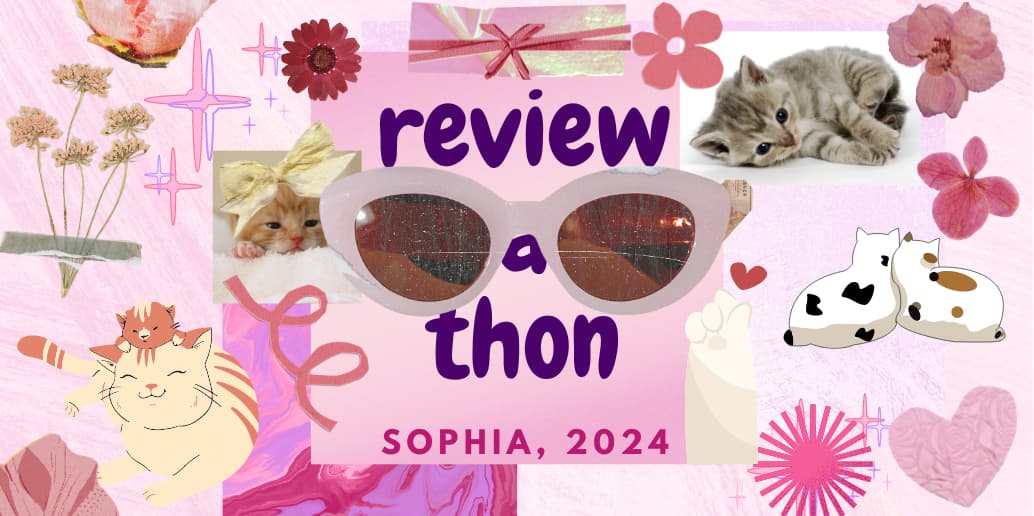Kiss of Beth
Charm Cochran is one of my favourite authors in the interactive fiction scene, and this is yet another game I had originally played some time ago. Their particular penchant for body horror, and delving into a headspace of reluctant complicity in the vile acts on screen, are nauseating, in the most complimentary way possible. It’s always exciting to see that Charm has released something.
While Martyr Me was the first Charm title I played, I had actually been curious about Kiss of Beth, since it’s fun to see how an author’s voice can develop over time, and how stylistic choices or repeated themes and motifs might simmer in their body of work as a whole. Kiss of Beth feels very much so like a Charm Cochran work- gut wrenching unease, immersing the reader as both unwilling participant and horrified voyeur, done very stylishly in a somewhat conversational way.
What really resonates with me and Charm’s work is the feeling as if you’ve just been a witness to a very terrible thing confessed to you by a dear friend- whose desperation and fear is infectiously radiating off of the page. The first inklings of Charm’s style were firmly rooted in this piece, and it’s cool to reflect back on how they’ve both grown, and stayed true to what I’ve come to feel are hallmarks of their style.
Kiss of Beth makes me feel slimy, when I play it. Beth is inscrutable, and terrifying in the way of an unpredictable, wild animal: while your mind boggles at even the idea of what comes to her as easily as second nature, there’s a very palpable, tense feeling of being in abject danger of being the next to meet a grisly fate at her hands. The tension in the uneasy deal Beth and her roommate have made is fragile, and in its fragility, is far more scary than it would be, if Beth were to attack the player on screen in gruesome terror.
Like many of Charm’s works, while they don’t shy away from the physicality of horror, (as Martyr Me certainly demonstrates), the most stomach turning quality is the psychological, the complicity- forcing the reader to confront what they’ve participated in, driven the characters to do: by your hand, so the story unfolds, and reluctant as you are, you can’t help but race along to read, hoping desperately, and futilely, that there will be a happier ending. Much of Charm’s works are bleak, but in nearly a mundane take on dystopia: the worst has come to pass, and yet you persist, and yet you must go on: to endure the horrors and still be expected to continue as if nothing at all is out of the ordinary.
Sure, being responsible for feeding the abomination that is your roommate is scary. Your roommate is scary, some supernatural man eater that is this close to munching on your legs instead of whatever hapless sod you feed her to save your own skin. But the true horror is in realizing the kind of person you are defining yourself as, through your (in)action: that you did have choices, even if they were miserable choices, even if they were still bad choices, and yet you took the easier way out, at the selfish expense of others.
In a grim sort of way, your instinct for survival can be compared to Beth’s compulsion to feed, both brutal, both selfish, and you two are entangled in a horrid dance: she lets you live so long as you continue to ensure she’s fed, while pieces of your sense of self wither away, flaking rot. Alive, but at what cost? Are you who you were before this happened? Would the you before Beth be able to look at you with anything other than dawning recognition of a very different, but equally monstrous person?
I would definitely suggest playing this alongside Martyr Me to enjoy two adjacent flavours of the same source of horror. Kiss of Beth, for the terror of inaction, and Martyr Me, for the terror of action: both of which ask- are you made equally monstrous, by what you’ve done?
Charm doesn’t disappoint.
![]()
